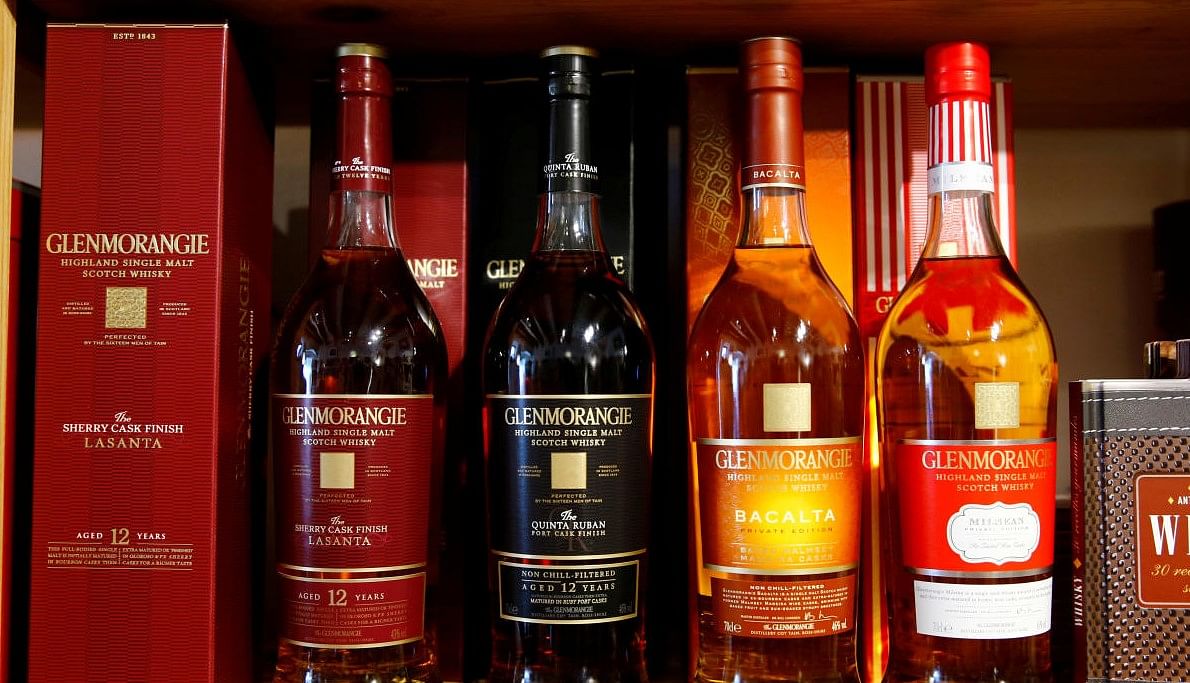
Most people believe that liquor lasts forever. Hence, we often find an alcohol bottle tucked away safely at the back of a cabinet for so long that no one remembers when it was bought.
Even as some types of alcohol continue to remain good for a long time, most have a rather complicated journey, depending upon several factors. Liquor should taste its finest whenever it is opened or served, and the key to this lies in storing the spirit smartly.
Alcohol contains flavours, which are developed during the maturation process. Minute quantities of various impurities in raw alcohol are converted into suitable flavours during the maturation process, and these flavours do not change in an unopened bottle. However, significant changes occur once the bottle is opened. The oxidation of flavours results in considerable changes to the original liquor. Therefore, storage conditions substantially contribute to preserving your drink's authentic taste and flavour.
A common myth associated with the storage of spirits is that odours do not permeate through glass bottles.
Try storing any liquor—whisky, vodka, rum, gin or wine in a cupboard with mothballs. You would find that the odour of the mothballs has travelled through the glass and mingled with the original flavours making the liquor unpalatable.
Similarly, any other smell in the surroundings could also permeate through the glass, adversely affecting the original flavours in the alcohol. It is always recommended to store the liquor bottles in a cool, dark place free from any odours.
Also, make sure that the liquor is never exposed to direct sunlight, which would lighten the colour and make significant changes to the original flavours.
It is also advisable not to store the liquor in extreme temperatures. Hot temperatures have a more adverse effect and tend to oxidise and break up the original flavours.
Wines are among the most prized possessions of many personal bars and cellars. Wine bottles should preferably be kept in a lying down position so that the cork always remains wet, thereby ensuring that the bottle is sealed tightly. A loosely fitted cork would let the air into the bottle, and the oxygen would destroy the wine.
Wines should be consumed immediately after they are uncorked. An opened bottle of wine kept for long is a sure invitation to destroy its quality. If there is a compelling need to store the bottle after the party is over, it should be closed tightly and kept in a refrigerator but consumed at the earliest. I would reiterate that an opened wine bottle shouldn't be stored unless unavoidable.
As a general rule, liquor should always be kept in a cool, dry place away from light and free of any odour. Oxygen in the air is the number one enemy of any liquor. It is necessary to ensure the bottles are kept tightly sealed after they are opened to preserve the original taste and flavour of the liquor.
(The author is the Managing Director of DeVANS Modern Breweries)